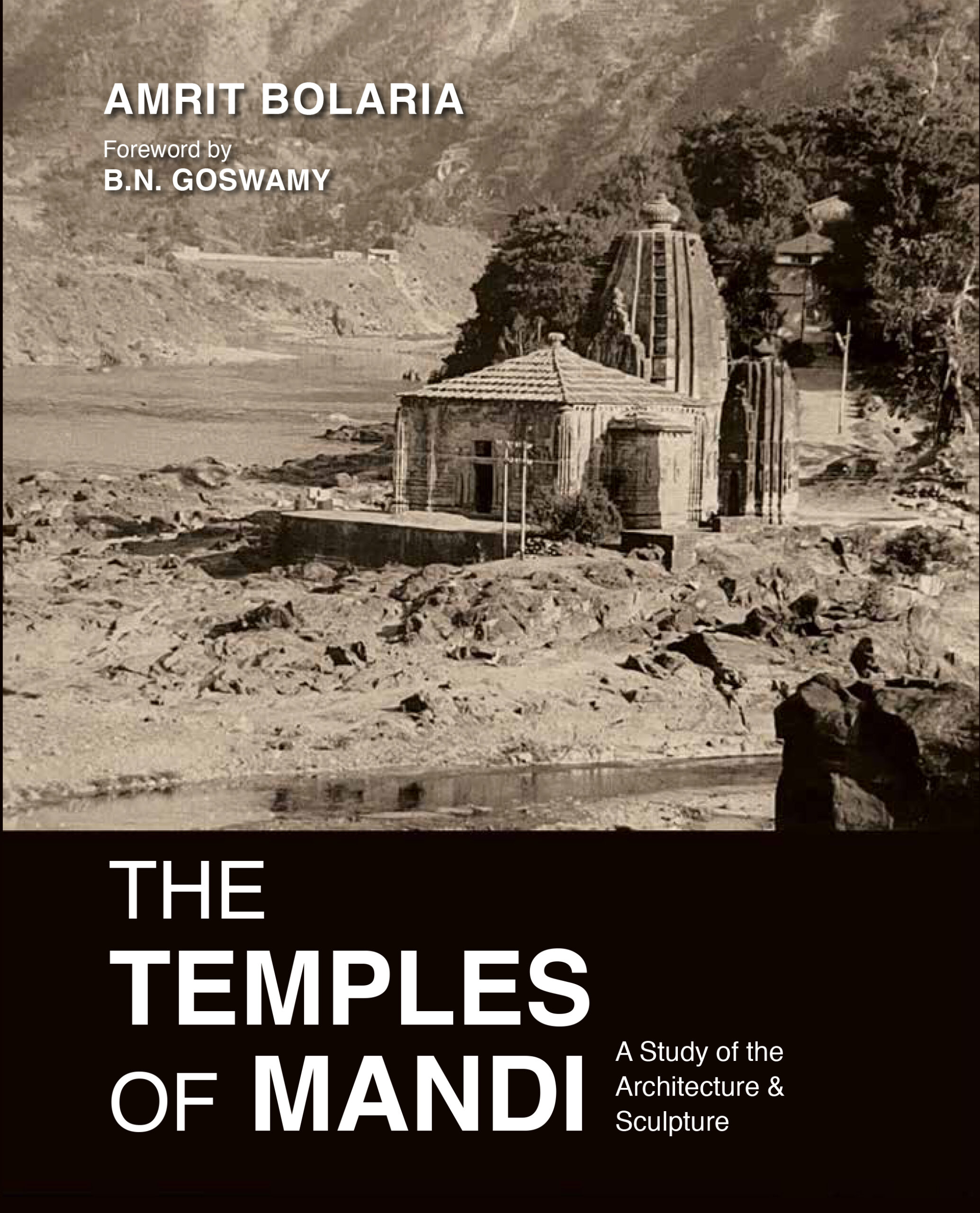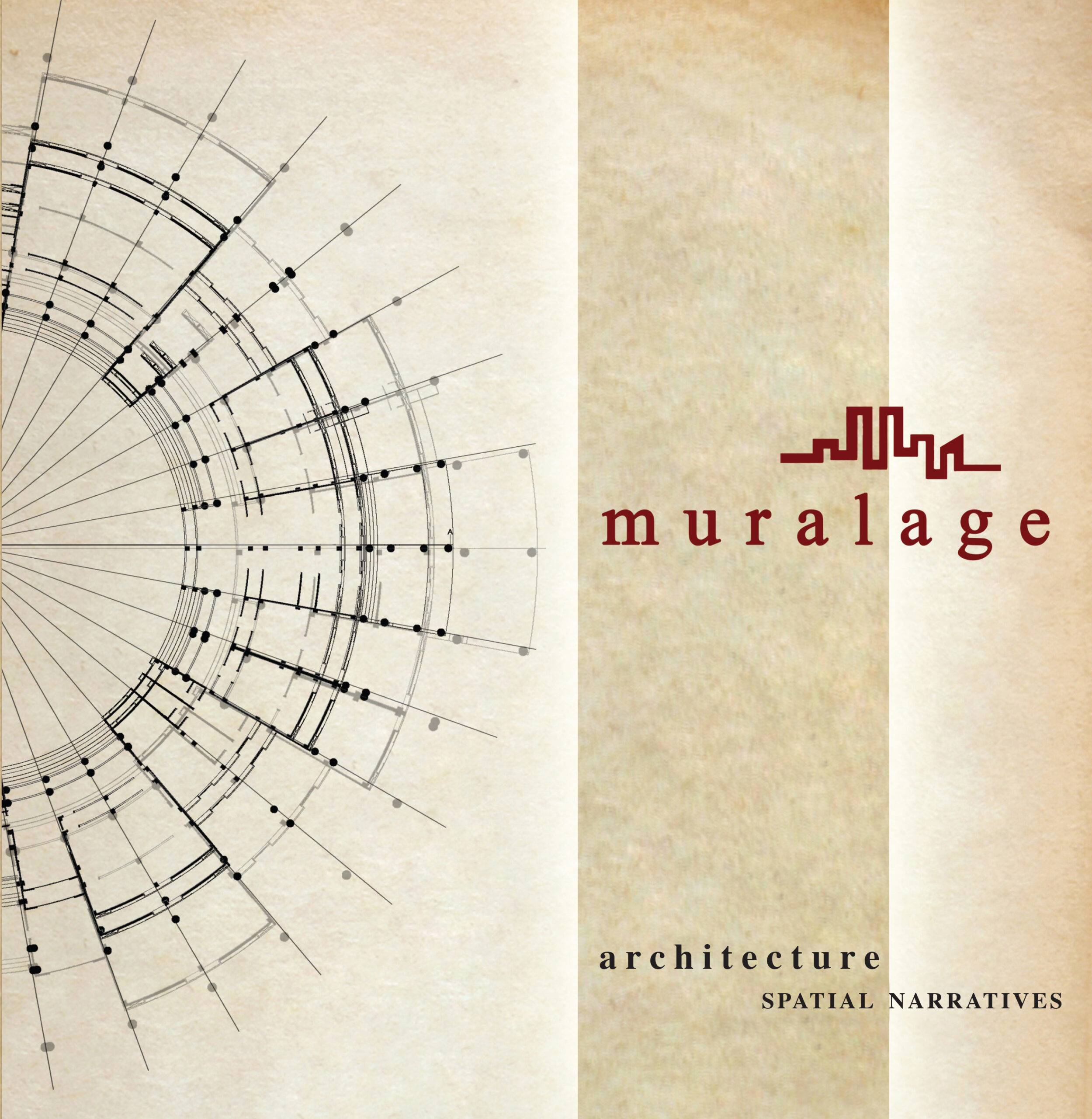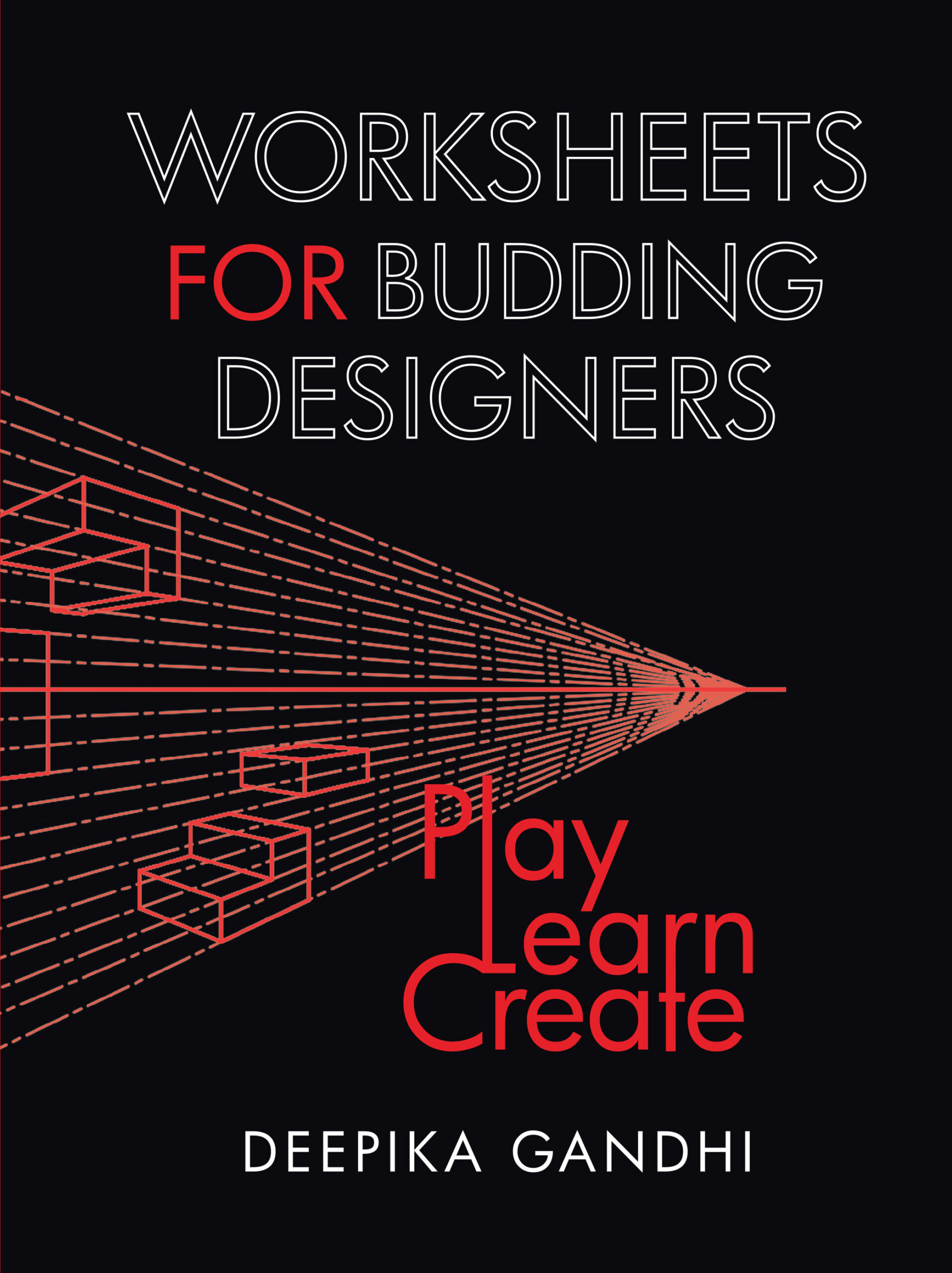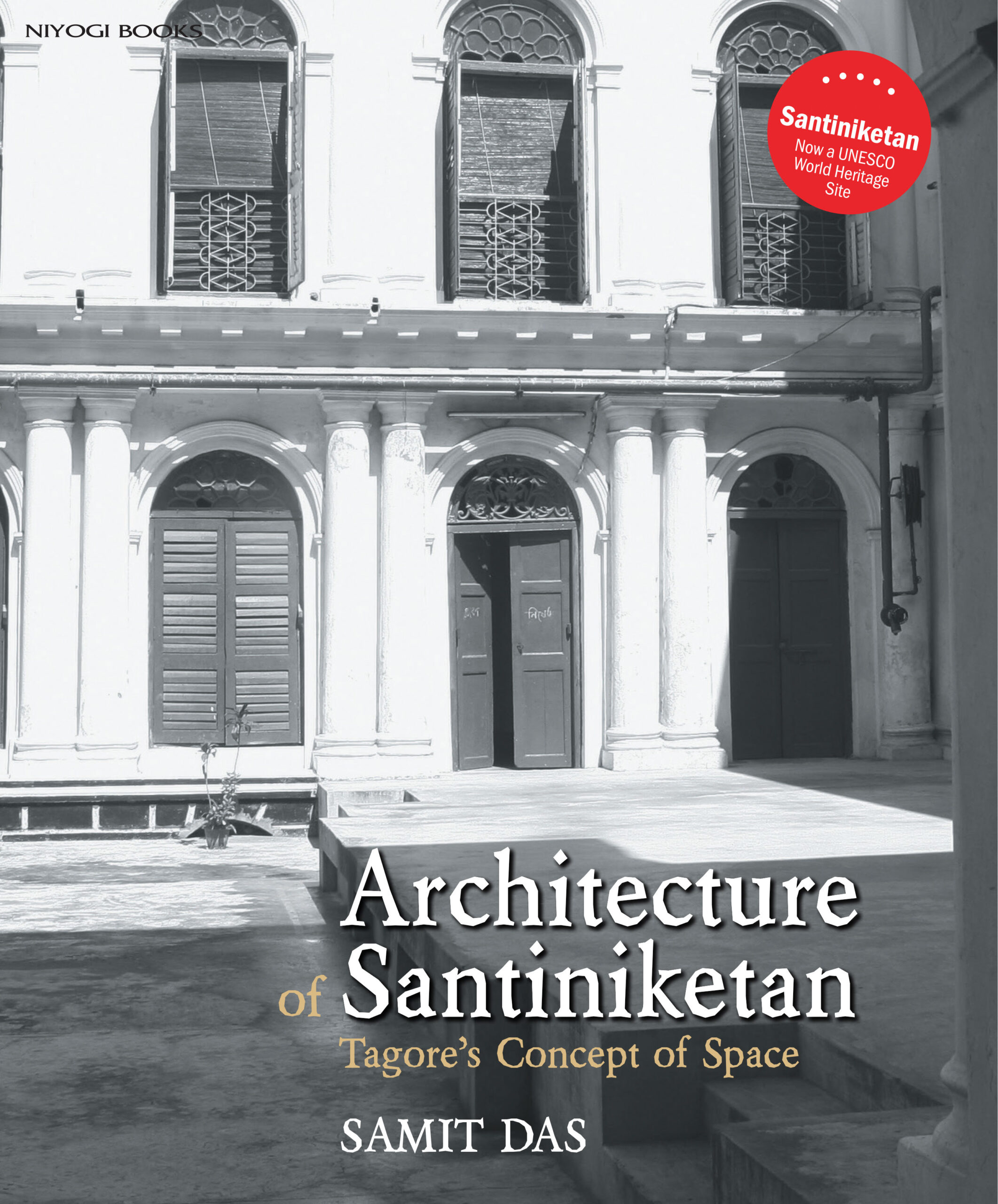
Book
Rethinking Modernity
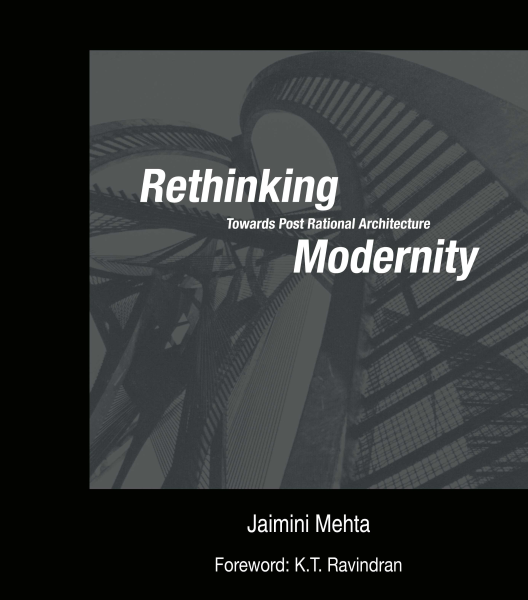
Rethinking Modernity : Towards Post Rational Architecture
Has the project to usher in Modernity run its full course and is now ready to be replaced by something called Post-Modern? Re-examining the very idea of Modernity in architecture, and drawing from a number of diverse sources such as philosophy, social science, art and technology, Prof. Mehta argues that the normal historical progression of architectural thought and production suffered an epistemological break in mid-18th century, caused by the separation between architecture and engineering and resulted in increasing rationalization of architecture. Critical writings of several post-Renaissance scholars and academicians aided this process. Prof. Mehta refers to this as “Academic Architecture”. While the pre-Renaissance scholars were content to codify the practice of architecture, the new writings actively sought to construct an identity of architecture to align it with modern science and industry. The overwhelming need to validate architecture from the logico-mathematical perspective favored the cerebral over the existential qualities of architecture. Prof. Mehta asserts that alternatives to the rationalist and positivist narratives always existed in the West and also in several non-Western cultures but the very strong “foregrounding” of Rationalism confined them to the academia. His insightful analysis indicates that the contours of Post Rational architecture are already visible in the works of several contemporary architects.
|

